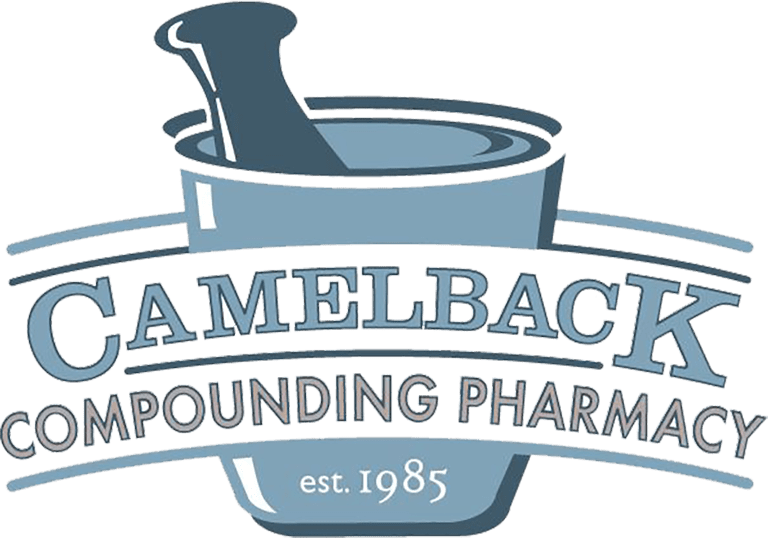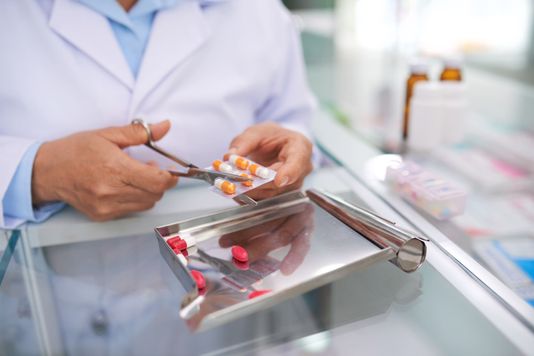Is a compounding pharmacy right for you? There are a lot of things to look at before answering that, so read on to learn if compounding is fitting for you.
Before making a decision about your medications, take a look at the top questions about compounding and the pharmacies offering this often-necessary service.
What Is a Compounding Pharmacy?
Compounding pharmacies individualize or tailor medications to the patient's needs. Instead of dispensing pills, liquids, creams, gels, and other prescriptions as is, compounding pharmacies create specialized medications by mixing or in some other way altering ingredients for a fully personalized result.
Who Compounds the Medication?
The process of compounding requires specialized knowledge of medications, the human body, and medical conditions/diseases. According to the U.S. Food and Drug Administration (FDA), licensed pharmacists or physicians must oversee, supervise, or conduct compounding practices.
Along with the ability to accurately mix and combine medications, compounding pharmacists can also answer your prescription questions. If you have concerns about side effects, what to do if you miss a dose, how quickly the medication will work, or other issues, the compounding pharmacist can help.
Just like pharmacists in traditional (non-compounding) pharmacies, these professionals have extensive training and experience. The specific licensing requirements your compounding pharmacist must meet varies depending on your state's standards and requirements.
How Safe Is Compounding?
The answer to this question isn't always clear. In general, most compounding pharmacies are safe. Again, a licensed pharmacist or physician must supervise combining and ingredient altering practices. This helps to ensure your safety and the quality of the medications you take.
Even though compounding done by a licensed professional is typically safe, some patients may still have questions. It's common and understandable to wonder who is mixing your medications and what their qualifications are. If you have concerns, ask the pharmacist. This specialized healthcare professional can provide you with the background information you need to feel safe and secure with your choice.
What Types of Medications Do Pharmacies Compound?
There's no standard or inclusive list of compounded medications. Pharmacists and doctors compound medications based on the patient’s needs. Compounded medications can include anything from topical dermatological ointments to pain medications.
If you need a medication altered, or the prescribing medical provider requires this type of preparation, ask the compounding pharmacist about your options.
Do You Need a Prescription for Compounded Medications?
Compounded prescriptions require the same type of order from a licensed medical provider (such as a doctor or nurse practitioner) that a traditional, non-compounded prescription would. Even though compounding pharmacists have the specialized knowledge needed to mix or alter medications, unless they hold a medical license, they are not able to complete the prescribing process for you.
Why Do Patients Choose Compounding?
The choice to use a compounding pharmacy depends on several different factors. The prescribing doctor's orders often dictate the decision to compound or not. The doctor may prescribe an unusual dosage, require a mixture of multiple medications that isn't commercially available, or ask you to take the medication in a nonstandard delivery method (such as a nasal spray or liquid form).
Some patients also choose compounding for issues related to the physical act of taking the medication. These may include:
- Size. If a pill is too large for you to comfortably swallow, you may need a different preparation.
- Taste. Compounding pharmacists can add flavor to a medication, making it more palatable — especially for children.
- Swallowing. In some cases, size isn't an issue. Instead, the patient is unable to swallow any type of pill. If this is a problem for you, the compounding pharmacist can create a different delivery method.
If you have questions or concerns about your medication, its taste, or its delivery method, talk to your doctor about the possibility of compounding.
Do you need a compounding pharmacy? Contact Camelback Compounding Pharmacy for more information.

